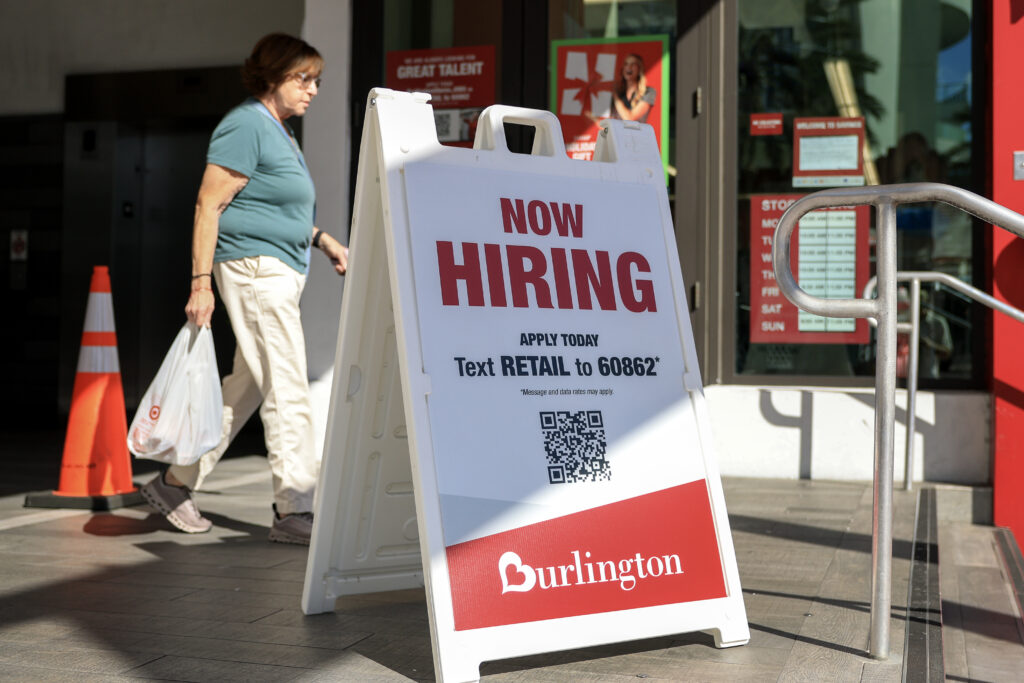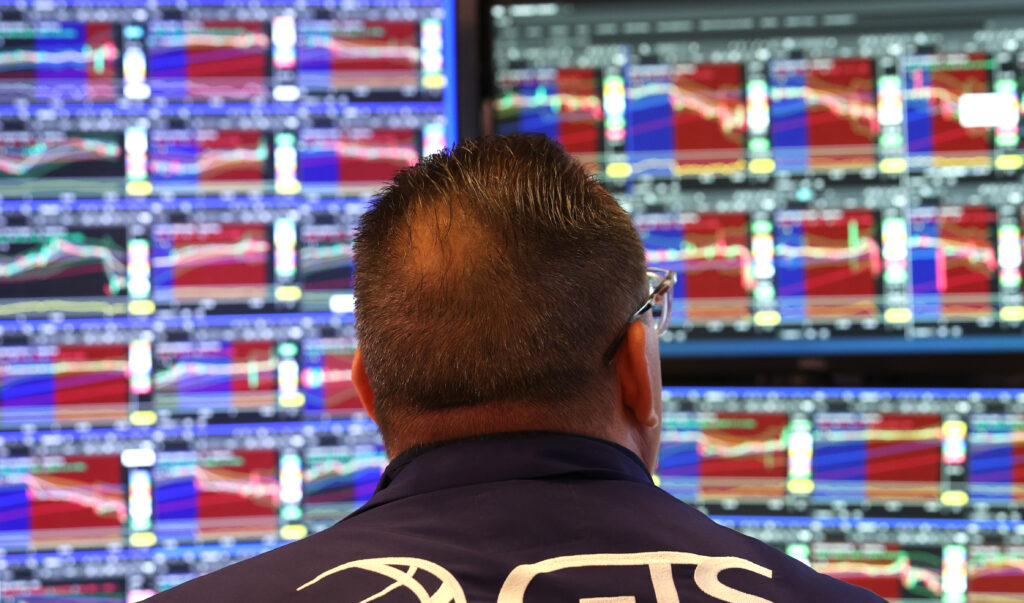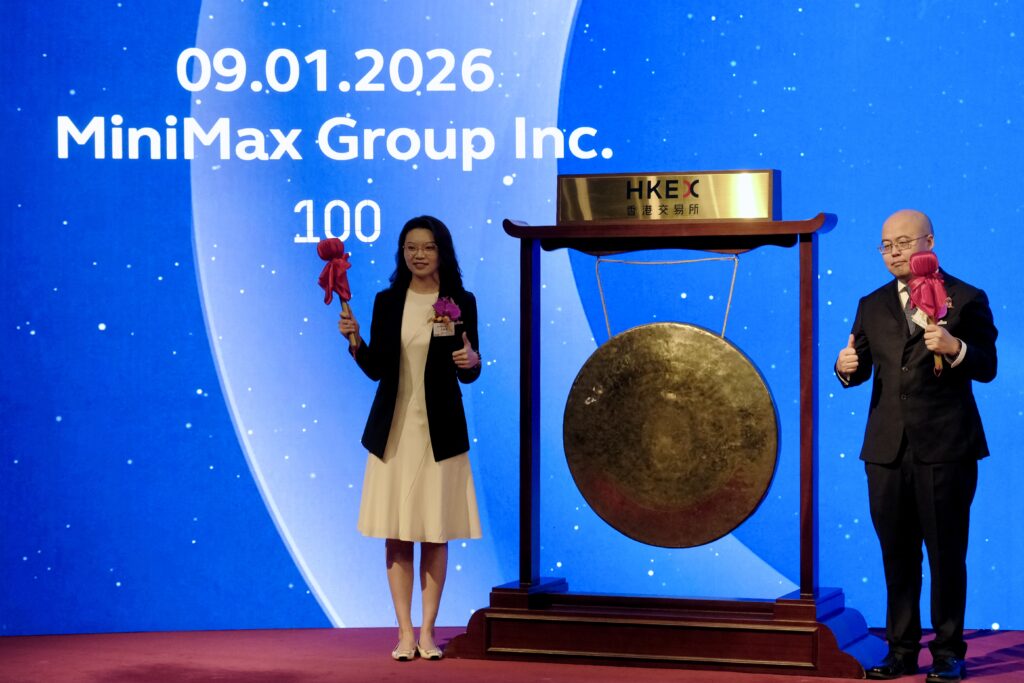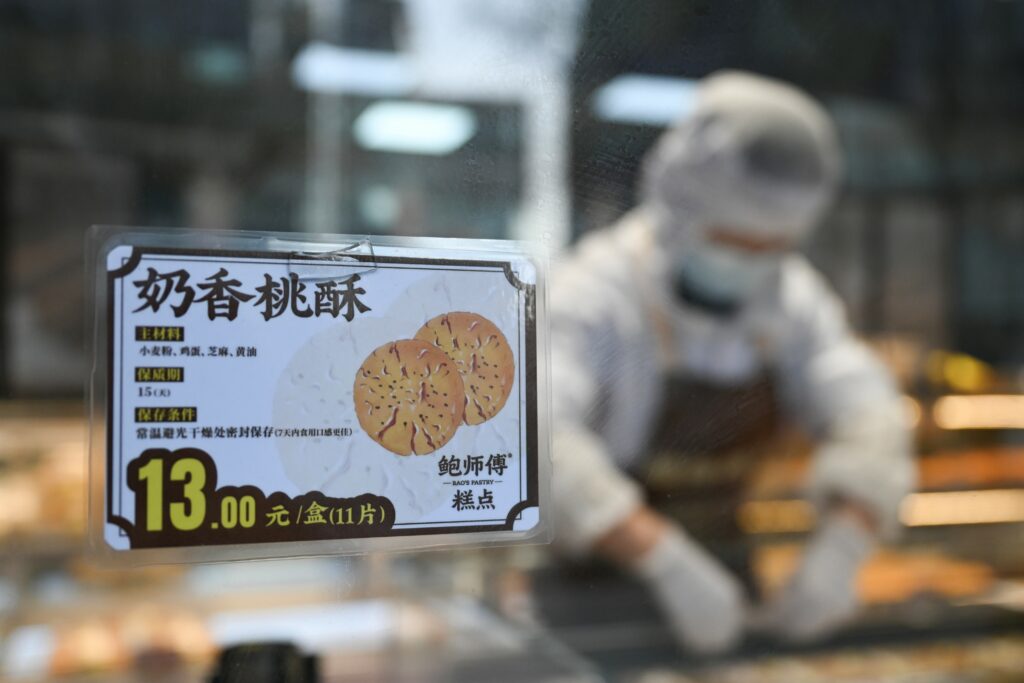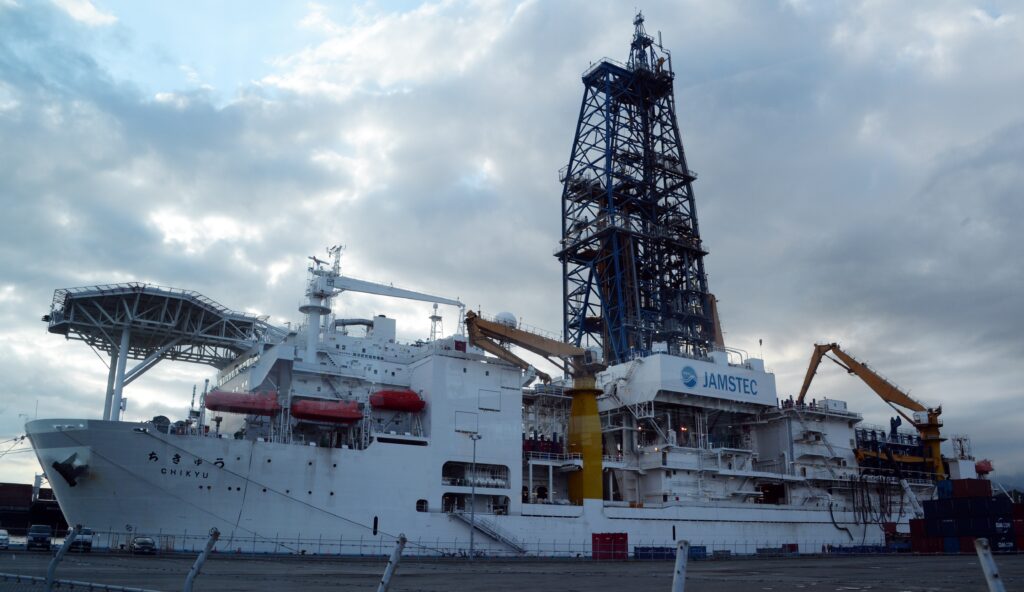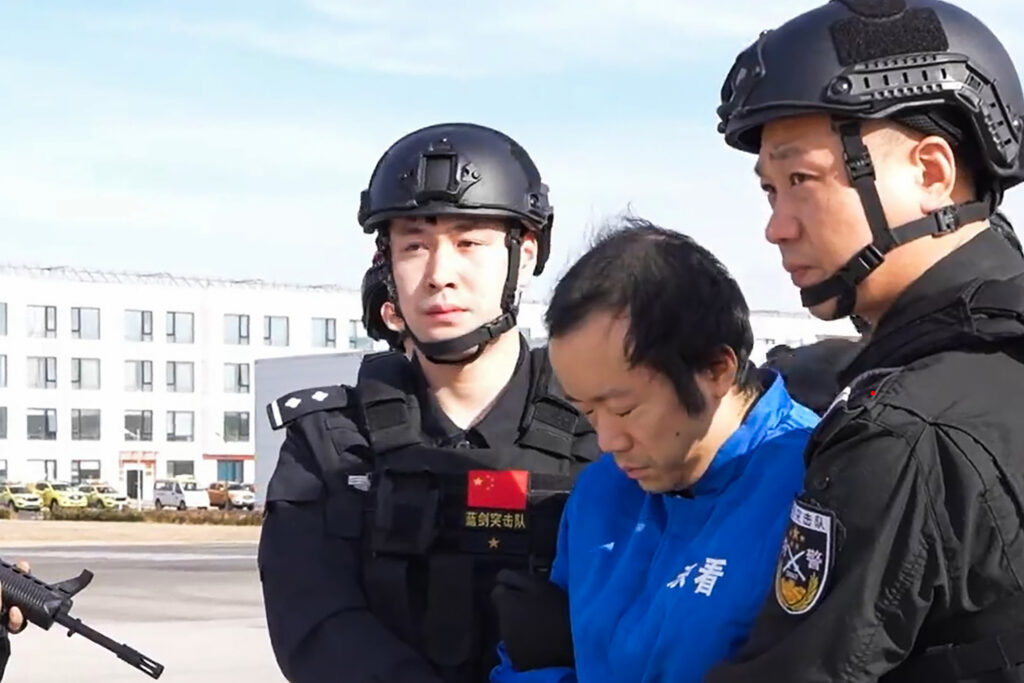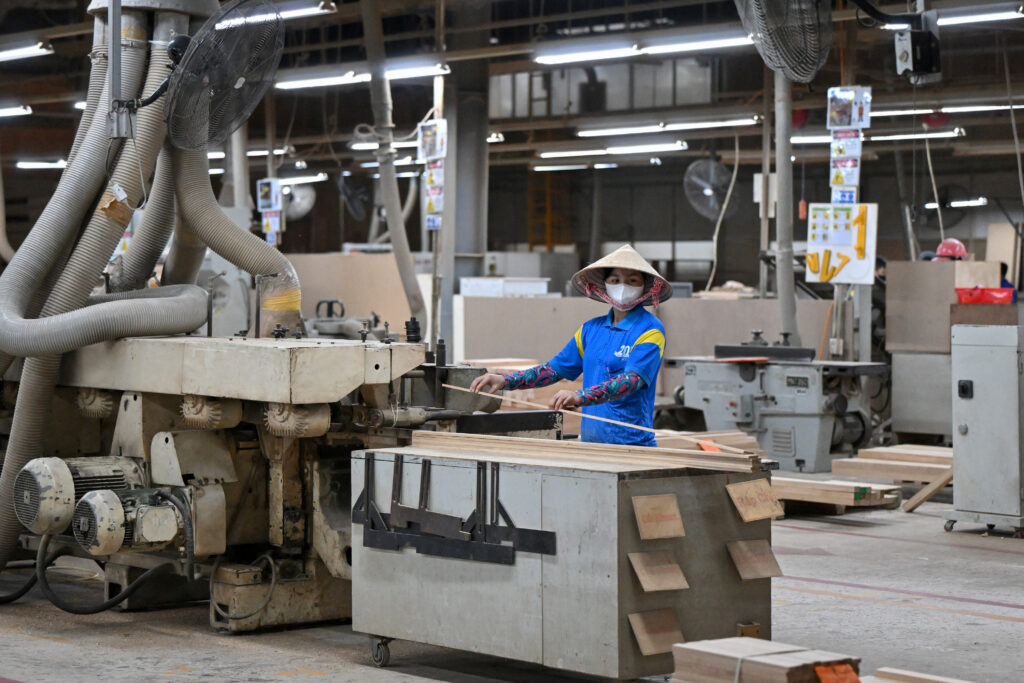Stocks shrug off mixed US jobs data to advance
Stock markets advanced Friday despite mixed US jobs data, while the Supreme Court held off from a widely-anticipated ruling on many of President Donald Trump’s global tariffs for now.Meanwhile, oil prices continued to surge higher as traders worried about conditions in Iran and Venezuela.Data released early Friday showed that the US economy added 50,000 jobs last month, below market expectations, capping off a year of labor market weakness that prompted the Federal Reserve to cut interest rates.However, the unemployment rate slipped to 4.4 percent and average wages continued to rise.”The key takeaway is that the low unemployment rate will temper concerns that consumer spending and the economy will slow rapidly due to a weak labor market,” said Briefing.com analyst Patrick O’Hare.”It will also likely keep the Fed’s next rate cut at bay,” he added.The report is expected to play a key role in the central bank’s decision-making at its next policy meeting this month.The Fed has indicated that its next move could be a pause after three successive cuts, and Friday’s data ended market hopes for a January reduction.Yet Wall Street’s main indices advanced to end the day, with the Dow and S&P 500 both closing at new highs.Expectations that the Fed will be gradually cutting rates in 2026 were reinforced by the mixed jobs numbers, said Angelo Kourkafas of Edward Jones.Kathleen Brooks, research director at XTB, added that the weakening labor market and strong GDP growth also signal that US productivity is surging.Most stock markets have enjoyed a solid start to the new year, with indices in Frankfurt, London, Paris and Seoul hitting record highs this week. This was largely on optimism for the tech sector and gains in defense sector shares.Swiss mining giant Glencore jumped to top London’s FTSE 100 index after confirming it was in merger talks with Australian-British rival Rio Tinto, which fell. Europe’s main markets closed higher, with Paris setting a fresh all-time high, even as France’s opposition failed to derail EU approval of the trade deal with Brazil and other nations in the Mercosur bloc.Investors are also keeping watch on a potential US Supreme Court ruling on the legality of many of Trump’s punishing tariffs. A ruling against the government would prove a temporary setback to its economic and fiscal plans, although officials have noted that tariffs can be re-imposed by other means.Oil prices extended their gains as growing geopolitical risks, which could disrupt supplies, outweighed concerns about oversupply.Political tensions in Venezuela and civil unrest in Iran — potentially tightening crude availability — pushed oil prices higher, said analyst Axel Rudolph at the IG trading platform.Oil prices already rallied more than three percent Thursday, following Trump’s threat to hit Iran “very hard” if authorities killed protesters amid mounting civil unrest over an economic crisis.- Key figures at around 2125 GMT – New York – Dow: UP 0.5 percent at 49,504.07 points (close)New York – S&P 500: UP 0.7 percent at 6,966.28 (close)New York – Nasdaq Composite: UP 0.8 percent at 23,671.35 (close)London – FTSE 100: UP 0.8 percent at 10,124.60 (close)Paris – CAC 40: UP 1.4 percent at 8,362.09 (close)Frankfurt – DAX: UP 0.5 percent at 25,261.64 (close)Tokyo – Nikkei 225: UP 1.6 percent at 51,939.89 (close)Hong Kong – Hang Seng Index: UP 0.3 percent at 26,231.79 (close)Shanghai – Composite: UP 0.9 percent at 4,120.43 (close)Euro/dollar: DOWN at $1.1635 from $1.1652 on ThursdayPound/dollar: DOWN at $1.3407 from $1.3432Dollar/yen: UP at 157.88 yen from 157.16 yenEuro/pound: UP at 86.78 pence from 86.75 penceWest Texas Intermediate: UP 2.4 percent at $59.12 per barrelBrent North Sea Crude: UP 2.2 percent at $63.34 per barrelburs-rl-bys/jgc
